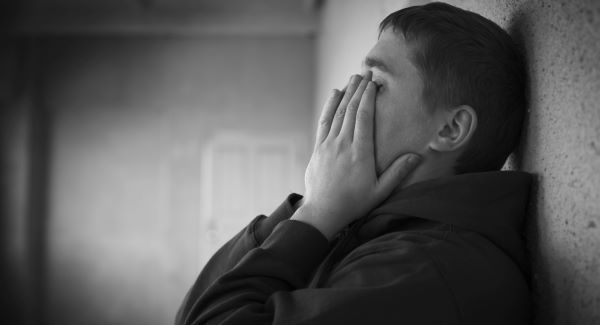More than a third of LGB university students have attempted suicide, a new study finds
The new study found 65 per cent of LGB students had carried out non-suicidal self-harm
By Steve Brown

Words: Steve Brown
More than a third of LGB university students have attempted suicide, a new study found.
The new results – which were published in the journal Archives of Suicide Research – found that students who identify as LGB are at higher risk of self-harm and suicide attempts than other heterosexual students.
Dr Elizabeth McDermott, of Lancaster University, said: “Young people’s mental health is a national concern and this study confirms that lesbian, gay or bisexual young people have elevated rates of suicidality and self-harm compared with heterosexual youth.
“We know much less about how LGB young people seek help for their mental health problems, or what type of support would be effective.”
Around 65 per cent of LGB students who completed the survey admitted to carrying out non-suicidal self-harm compared to 41 per cent heterosexual students.
This includes cutting, hair pulling, scratching, burning or non-lethal overdoses.
The study also found 35 per cent of LGB students had attempted suicide compared to just 14 per cent of non-LGB students.
Study co-author Dr Peter Taylor, of Manchester University, said: “Surprisingly, there is little data on the psychological mechanisms that might explain the association between being lesbian, gay or bisexual and self-harm in UK students.
“This data highlights how low self-esteem may leave some LGB students more at risk.
“Interestingly, anxiety and depressive symptoms did not appear to be important once self-esteem was taken into account.
“Prevention and intervention efforts directed at these psychological mediators by Universities may help to reduce risks in this population.
“Universities are already doing a lot of good things in this area such as counselling and psychological support which is targeted at LGB people.
“And tackling discrimination and improving acceptance of LGB people through public policy and media campaigns may be helpful in reducing any impact on self-esteem.”
